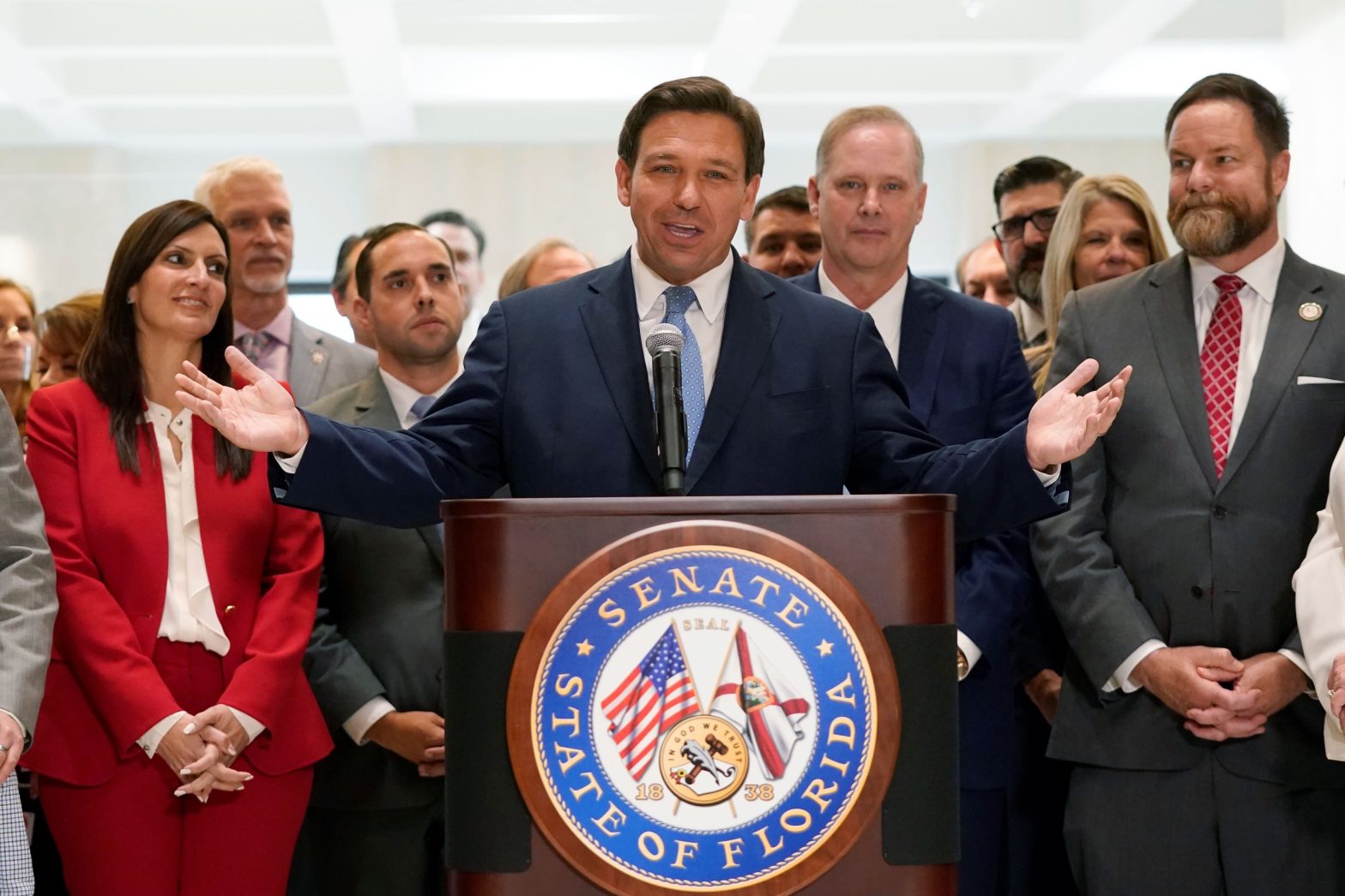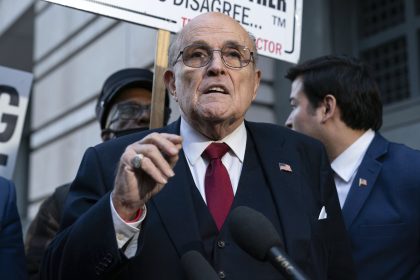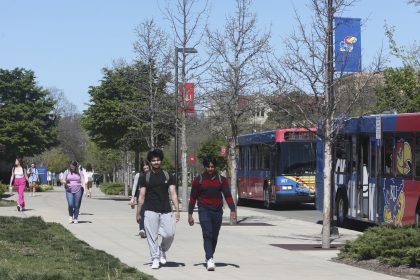Lawsuits Follow Changes In State Voting Laws

Florida was hit with multiple civil rights lawsuits Thursday minutes after Gov. Ron DeSantis signed a bill to limit mail-in voting and to require more complete voter identification.
The NAACP, the League of Women Voters and others said in their lawsuits in federal court that the state law “illegally and unconstitutionally burdens the right to vote.”
They’re claiming violations of the Voting Rights Act, the Americans with Disabilities Act and the First and 14th Amendments to the U.S. Constitution. DeSantis says he is just trying to avoid voter fraud.
The Florida case is shaping up as a test for the legality of voter fraud laws sweeping the nation since the November election, when former President Donald Trump said he was cheated out of a second term through rigged state elections.
Nine states have passed 14 bills restricting voting access so far this year, according to the Brennan Center for Justice public policy institute.
One of the first to win legislative approval was Georgia’s S.B. 202, which the governor signed in March. It imposes restrictions similar to Florida on absentee ballots, voter identification, early voting and use of drop boxes.
In Texas, the House on Friday approved a similar bill. Gov. Greg Abbott has said he will sign it when it reaches his desk.
For all the laws, opponents say the new voter restrictions disproportionately limit the ability of Black, Latino and disabled voters to participate in elections.
Both Georgia and Texas face lawsuits challenging the constitutionality of their legislative action to change voting rules.
The Florida law, S.B. 90, limits authorized vote-by-mail residents to vote only in elections through the end of the calendar year. Previously, a single vote-by-mail request would allow them to vote in the next two general elections.
Other provisions of the law require Florida driver’s licenses, photo identification cards or the last four digits of residents’ Social Security numbers to receive mail-in ballots.
Drop boxes can be used only in the early hours polling places are open. Voters can drop off ballots for immediate family members plus no more than two other persons.
“We’re going to make sure our elections are transparent,” DeSantis said at a press conference. He added that the law protects the “integrity and transparency” of Florida’s elections.
However, the NAACP said the law would bar voters who lack the required identification cards and lead to lower voter turnouts by restricting vote-by-mail.
“By making it more difficult for voters to obtain and return [vote-by-mail] ballots, S.B. 90 will force more voters to attempt to vote in person, leading to longer lines and wait times for all voters and outright disenfranchisement for some,” says the civil rights organization’s lawsuit filed in U.S. District Court for the Northern District of Florida.
The NAACP says the new law is a disguised backlash to Black voters’ high turnout in the 2020 general election, particularly with mail-in votes.
Black voters cast 522,038 mail-in ballots in Florida, which was 28% higher than the 2016 election, the lawsuit says.
“The law’s suppressive and discriminatory provisions make it clear that the Florida Legislature’s goal is to erect additional hurdles to inhibit Florida voters — especially disabled voters, Black voters and Latino voters — from accessing the ballot box,” Zachery Morris, assistant counsel for the NAACP Legal Defense & Educational Fund Inc., said in a statement. “These efforts are shameful, and they are not new.”
In a different lawsuit, the League of Women Voters of Florida, along with Black Voters Matter Fund Inc. and Florida Alliance for Retired Americans Inc., argue the law disproportionately burdens elderly voters who vote by mail or depend on volunteers to drop off their ballots.
“S.B. 90 is a bill that purports to solve problems that do not exist, caters to a dangerous lie about the 2020 election that threatens our most basic democratic values, and, in the end, makes it harder to vote without adequate justification for doing so,” the lawsuit says.
























